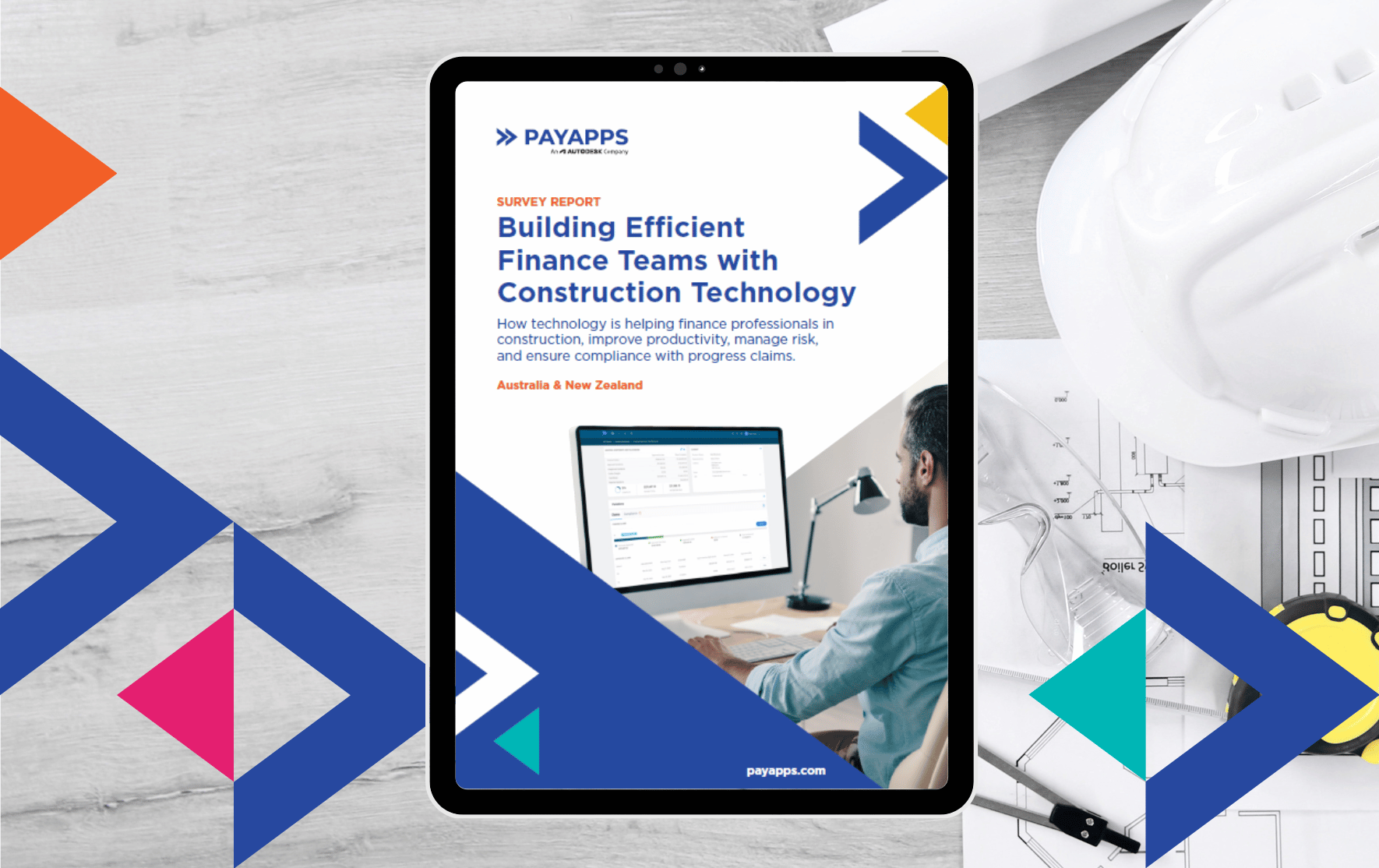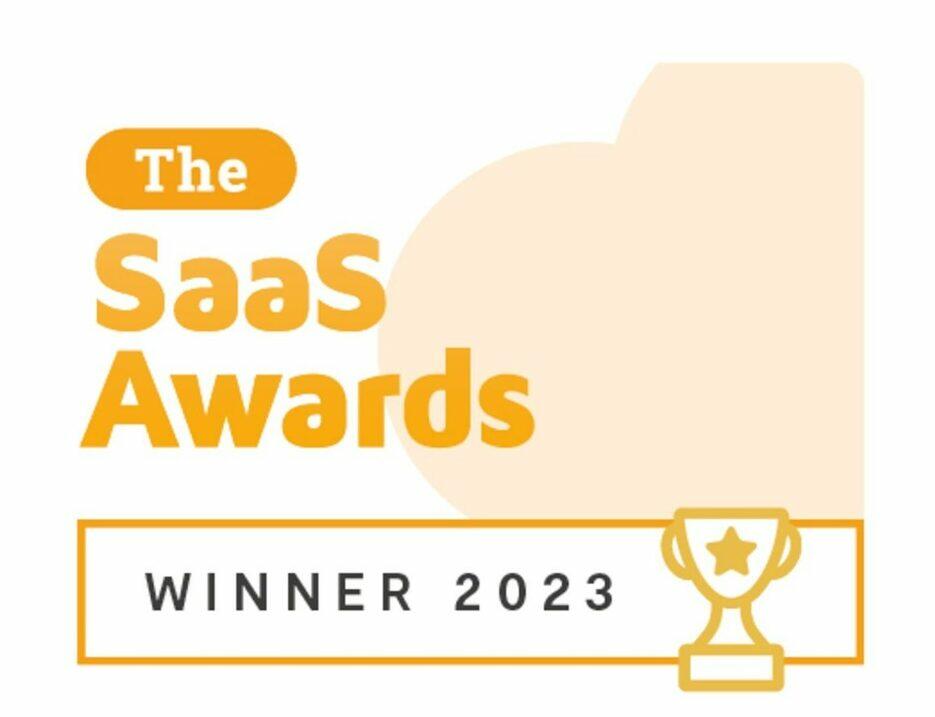If you feel like the lead-up to the end of financial year (EoFY) is always a mad rush, we’re here to help make the process easier for you. In this article, we give you all the tips and tricks you need to simplify your admin and get your finances in order before June 30.
With the right planning and execution, you can minimise your business expenses and unlock your cash flow, allowing you to invest in growth and innovation. We’ll also share some tax-saving strategies that construction businesses can adopt, and how to make the most of them before the end of June.
So, whether you’re a small construction business or a large enterprise, read on to learn how to make the most of the end of financial year.
Understanding end of financial year (EoFY) in Australia
The financial year in Australia runs from 1st July to 30th June of the following year. The end of financial year (EoFY) refers to the period leading up to 30th June. This is an important time for businesses as it’s the deadline for lodging tax returns and making tax payments. EoFY is an opportunity to take advantage of various tax-saving strategies that can reduce your tax liabilities and increase your savings.
It’s also a good time to review your financial position and plan for the new financial year. Put aside time to look at your business’s income, expenses, assets, and liabilities. By reviewing your financial position, you can identify areas where you can save money, such as reducing expenses or increasing revenue. You can also plan for the future by setting financial goals and creating a budget that aligns with those goals.
EoFY is also a time to ensure that your business is complying with all tax laws and regulations. This involves keeping accurate records of your financial transactions and ensuring that you are claiming all eligible deductions and credits.
Preparing for tax time
To avoid a mad rush when it comes to preparing your tax return, be aware of key dates and make sure you’ve checked off these key tasks so you don’t miss any deadlines.
Tip: Download our handy checklist of what should be included when you submit your tax return.
Organising and documenting your records
Preparing for tax time involves organising and documenting your financial records. This includes keeping records of all income and expenses, maintaining receipts and invoices, and ensuring that all financial transactions are recorded accurately. By organising and documenting your records, you can ensure that you are claiming all eligible deductions and credits and complying with all tax laws and regulations.
You’ll also need to make sure that your obligations like PAYG, Superannuation and Business Activity Statements (BAS) are up-to-date and have been submitted on time.
Leverage technology
To make tax time even easier, create a system for organising and documenting your records. While a spreadsheet is often the easiest to start with, a dedicated accounting software such as Xero or MYOB will help as your business starts to scale and take on more work.
Systems like Xero and MYOB will integrate with your bank accounts and automatically pull in transactions so it’s easier for you to reconcile revenue and expenses. They also integrate directly with Payapps so you can easily keep track of your progress claims, as well as your retention and variations, giving you complete oversight of your cash flow and expected payments within a single system.
Tip: Software subscriptions are an operating expense but are often overlooked at tax time! As long as the cost was incurred before June 30, you can claim it as a deduction to lower your business expenses.
Deductions and credits for construction businesses
Construction businesses are eligible for a range of deductions and credits that can reduce their tax liabilities. These include deductions for expenses such as equipment purchases, repairs and maintenance, and travel expenses. Construction businesses can also claim credits for research and development, apprenticeships, and software subscriptions – like Payapps!
To claim these deductions and credits, you need to keep accurate records and ensure you are complying with all tax laws and regulations. This involves tracking expenses and income and maintaining records of all purchases and sales.
Tip: Don’t forget you need to keep records of everything for the last five years.
Hire a professional for guidance and support
Hiring a professional accountant or bookkeeper can provide construction businesses with valuable guidance and support, leaving you with more time to focus on what you do best.
A bookkeeper will manage your books on a day-to-day basis. They’ll keep your reporting and books accurate and up-to-date at all times. A bookkeeper with experience in construction will understand how your business runs and be able to take on those back-office tasks that take you away from your core focus.
An accountant will work closely with your bookkeeper and will provide advisory services, helping you make future-ready financial decisions. They’ll also prepare your tax returns, claiming deductions and credits, and provide advice around which expenses should be brought forward for payment this year or pushed out to the next financial year.
When hiring an accountant or bookkeeper, it’s important to choose someone who specialises in working with construction businesses. They should have experience in the industry and be familiar with the nuances that apply to the construction industry.
Tip: We’ve partnered with award-winning bookkeeping firm and Xero Gold Partner Vital Accounts – if you’ve got questions or are actively looking for a bookkeeper with a digital-first mindset, reach out to owner James Hukin for a no-obligation chat.
Setting yourself up for the new year
While it’s great to get everything in order for EoFY, don’t just stop there. Set your business up for success by taking what you’ve learnt with you into the new financial year.
Our top tips:
- Take time each month to complete financial tasks – can’t grow if you don’t have the data to analyse – quarterly is ideal
- Make sure you’re accurately recording all your sales and expenses – ideally in an accounting software like Xero or MYOB. If you’ve already integrated Payapps integrated with Xero or MYOB, your invoices will automatically be reconciled against your revenue so you don’t have to keep track, which is one less worry.
- Reconcile your revenue and expenses regularly with your bank account
- Store business documents somewhere centrally
- Regularly keep your payroll, super and BAS obligations up-to-date
- At the end of each quarter update your P&L, Balance Sheet and monitor your budget and cash flow
- Review and set KPI’s also work with key employees in your organisation so everyone knows what they’re working on. Accountability is key.
Conclusion
Getting your books and admin in order before EoFY shouldn’t be complicated and is crucial for setting your construction business up for success. Keeping track of revenue coming from multiple sources, like your progress claims, means you’ll avoid scrambling to reconcile your accounts at June 30. By understanding tax laws and regulations, preparing for tax time, and taking advantage of tax-saving opportunities, you can reduce your tax liabilities and open up cash flow so you can invest further in your business.
With the right planning and execution, construction businesses can invest in growth and innovation, ensuring their long-term success in the industry.







